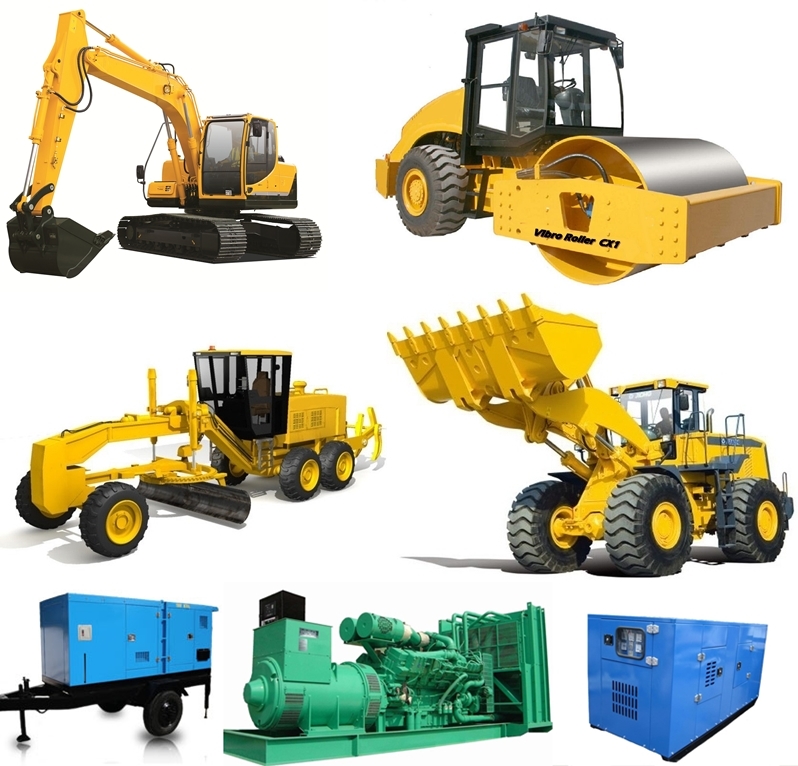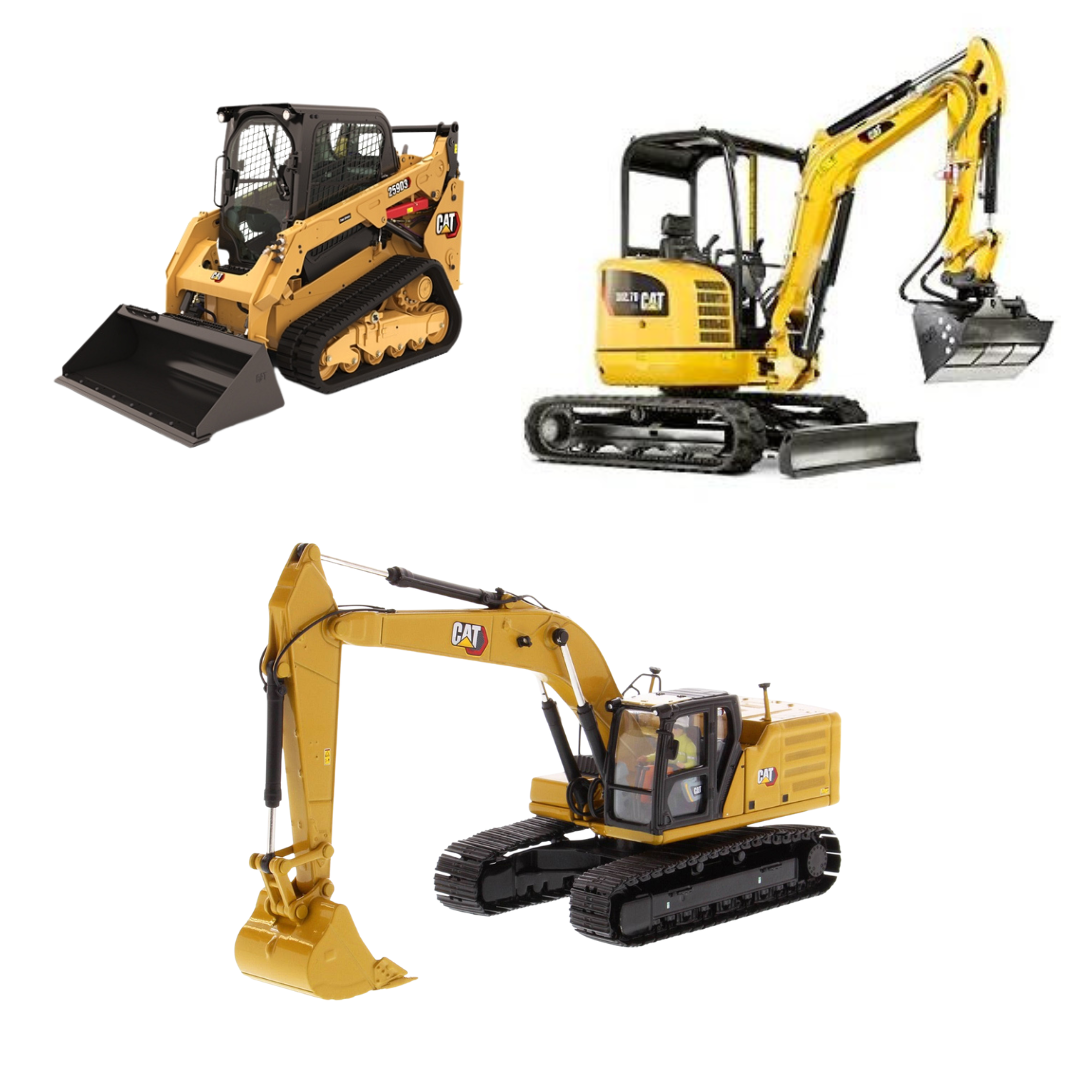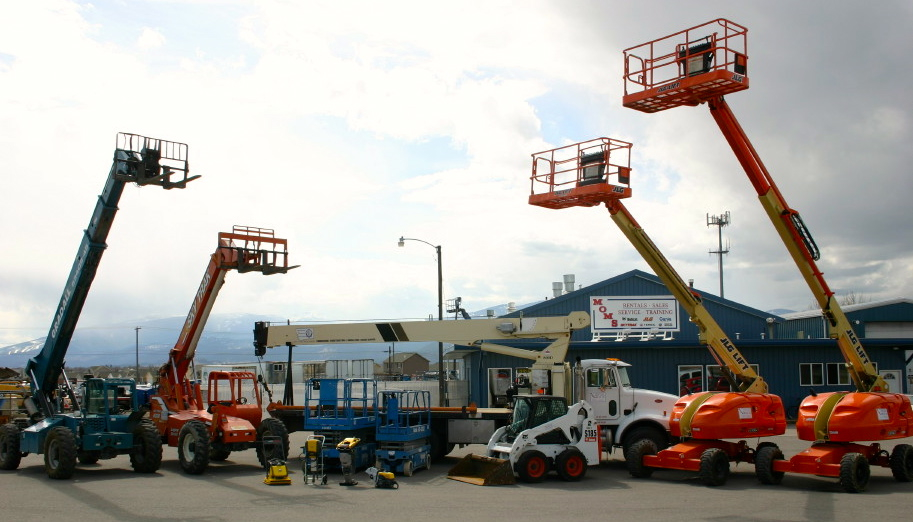Boom Lift Rental: Budget Friendly and Dependable Lifts for Any Work
Boom Lift Rental: Budget Friendly and Dependable Lifts for Any Work
Blog Article
Optimize Your Budget Plan by Recognizing the Costs Connected With Building Devices Leasings
Comprehending the complete range of expenses linked with building and construction tools services is important for maximizing your spending plan. What strategies can be utilized to efficiently take care of these expenses and make certain an extra effective rental experience?
Introduction of Rental Prices
When taking into consideration construction equipment rentals, comprehending the associated prices is critical for efficient budgeting and job planning. Rental expenses can vary significantly based on a number of factors, consisting of tools type, period of rental, and area. The first rental fee often mirrors the equipment's market need and its connected functional capabilities, affecting the general cost.
In addition to the base rental price, supplementary costs may emerge, such as transportation charges, gas surcharges, and maintenance charges. It is vital to make up these additional expenses to precisely evaluate the complete expense of leasing devices. Moreover, the rental duration can influence rates; longer services might get approved for affordable prices, while temporary services may incur higher daily fees.

Failure of Rental Prices
A comprehensive understanding of rental prices is vital for specialists and task managers aiming to enhance their budgets. Rental prices for building and construction equipment commonly are composed of several components, consisting of base prices, time-based fees, and usage costs.
Base prices are the core charges connected with the rental of the tools, typically figured out by the kind and size of the machinery. These prices can differ substantially, affected by variables such as equipment demand, schedule, and local market fads. Time-based fees, which might be daily, weekly, or monthly, offer to fit different job timelines and rental durations.
Additionally, rental rates might consist of usage fees, which apply when equipment is utilized past a defined limit, ensuring that the rental company can account for wear and tear. Seasonal need changes can also influence rental rates, with peak construction periods generally commanding higher prices.
Furthermore, understanding the rental company's policies pertaining to upkeep and insurance policy can supply additional understanding into the overall expense framework. By examining these components, professionals can make informed choices, making sure the choice of rental tools aligns with both task requirements and spending plan constraints.
Extra Costs to Consider
Understanding the intricacies of added costs is critical for specialists to handle their overall rental costs efficiently. Beyond the common rental rates, various extra costs can considerably influence the overall price of equipment service. These fees commonly consist of shipment and pick-up charges, which important link can differ based on range and logistics included in carrying the tools to and from the work website.
In addition, some rental firms might impose fuel surcharges if the tools is returned with less gas than when rented. It is likewise necessary to recognize potential cleansing fees, particularly for customized devices that calls for thorough upkeep after use.

Completely evaluating the rental arrangement and making clear these additional charges in advance can assist contractors stay clear of unanticipated costs and make sure that budget plans stay intact throughout the project lifecycle.
Repair And Maintenance Expenses
Normal maintenance and fixing expenses are typically forgotten variables that can significantly influence the total expense of building and construction devices rentals. When renting out skid loader buckets for sale tools, it is essential to take into consideration not just the rental charges yet likewise the potential costs connected with maintaining the equipment in optimal operating condition.
Many rental business consist of fundamental upkeep as component of the rental agreement; however, much more unexpected breakdowns or substantial fixings can result in additional expenditures. It's necessary to examine the rental agreement very carefully to recognize what upkeep services are covered and what responsibilities drop on the occupant.
Furthermore, devices that is not well-maintained can result in ineffectiveness at work site, possibly creating delays and enhancing project prices. To alleviate these risks, it is suggested to perform regular examinations and preserve open communication with the rental copyright relating to any kind of problems that emerge throughout usage.
Insurance Coverage and Responsibility Prices
Insurance policy and obligation expenses are essential elements that can dramatically affect the total expense of construction equipment leasings (mini excavator rental). These costs guarantee that both the rental business and the client are secured from prospective monetary losses developing from accidents, damage, or theft during the rental period

Additionally, clients should understand any deductibles or exemptions in the insurance coverage plan, as these can affect prospective out-of-pocket expenditures. Comprehending the terms of any insurance policy coverage is important to avoid unanticipated expenses. Ultimately, budgeting for insurance policy and obligation expenses can aid ensure a smoother rental experience and safeguard against monetary threats linked with building tasks.
Final Thought
Finally, a detailed understanding of the expenses related to building and construction devices rentals is crucial for effective spending plan monitoring. By analyzing rental prices, extra costs, upkeep costs, and insurance policy companies, individuals and demands can decrease unanticipated expenditures. This tactical technique not just improves cost-effectiveness but likewise makes certain that projects proceed smoothly and successfully. Ultimately, informed decision-making concerning equipment services adds to the total success of building and construction endeavors.
Rental costs can differ significantly based on numerous aspects, including equipment kind, period of leasing, and area (dozer rental). The rental period can impact prices; longer rentals might certify for discounted rates, while temporary rentals may sustain higher daily costs
By conducting complete research and engaging with trustworthy rental firms, contractors can successfully navigate the intricacies of rental prices, inevitably optimizing their economic sources.
Beyond the standard rental rates, various additional costs can substantially affect the total expense of devices service. Rental business typically provide responsibility insurance that covers injuries to third celebrations or damage to home, while equipment damages insurance policy can cover the cost of repair work or substitute if the rented equipment is damaged.
Report this page